Loktak Needs Us to Speak

Text Size:
As someone working on the ground in rural tourism and living close to Loktak Lake, I feel a deep responsibility to speak not out of frustration, but from a place of love, duty, and urgency. What we are witnessing today is not just a slow decline in tourism ethics but a quiet erosion of something sacred and irreplaceable.
Loktak is not merely a destination for relaxation or sightseeing. It is a living, breathing ecosystem, home to unique wildlife, a source of livelihood for thousands, and a cultural symbol for the people of Manipur. Since the conflict broke out in the valley, Loktak has quietly become one of the only places where families from valley communities could go to find peace and freedom of movement, without fear or restrictions. It became a rare space of healing, where the displaced, the anxious, and the heartbroken could find solace in the lap of nature. That role, that value, cannot be measured in tourist numbers or social media check-ins.
But that sanctuary is now under threat and not from war or politics, but from the very way we are treating it.
This year, the iconic lotus blooms at Sendra area once the pride and symbol of Loktak have failed to grow as they used to. The damage is clear. Overexploitation by careless visitors who pluck the lotus flowers without restraint, disturb the aquatic balance for the sake of selfies and short-lived excitement is taking a serious toll. What was once a carpet of pink and white blossoms has become patchy and struggling a quiet but painful sign of ecological stress.
Meanwhile, initiatives meant to address tourism pressure have also failed due to poor planning and execution. Bamboo dustbins were installed along the lakeside of way to Sendra and Sorok-ahanbi a move that seemed encouraging at first. But in the absence of regular waste collection, these bins have become dumping sites, overflowing with garbage and creating more problems than they solved. What was meant to be a symbol of eco-consciousness has turned into an eyesore and a health hazard.
These problems do not stem from tourism alone they stem from how tourism is being promoted, managed, and consumed. There is too much focus on numbers and entertainment, and not enough on responsibility, awareness, and sustainability. Mass tourism may bring short-term money, but it leaves behind long-term damage. The lake is being treated as a backdrop for enjoyment rather than a living entity that deserves care.
Another growing concern is the rise of noise pollution and the casual use of foul language by some visitors. Loktak is a place of natural peace a refuge not just for wildlife, but for people seeking silence and healing. Blasting music, shouting across the lake, or using vulgar language in public spaces disturbs not only the environment but also the emotional space of others around. Many families visit Loktak to escape the tensions of daily life, to reconnect with nature, or to simply find peace. Such behavior disrespects both the sanctity of the lake and the dignity of fellow visitors. True enjoyment of a natural space does not require noise it requires mindfulness, respect, and restraint. If we cannot speak gently or behave with basic courtesy in a place like Loktak, where else will we learn to do so?
We need a cultural shift in how we view tourism around Loktak. We cannot afford to promote tourism simply for volume or visibility. What Loktak needs is not more visitors, but better visitors people who understand silence is sacred, who respect the environment, who see themselves as temporary guests in a home that doesn’t belong to them. It is not too much to expect tourists to carry their own trash, avoid loud music, or refrain from plucking flowers. These are basic acts of respect.
At the same time, we must be honest about the failures in our own planning. Infrastructure without maintenance becomes a burden. Rules without awareness or enforcement become meaningless. Projects without the involvement of local communities are doomed to fall apart. If tourism is to benefit Loktak, it must be rooted in local knowledge, local leadership, and long-term care not just short-term income or government schemes that look good on paper.
This message may cost us a few visitors. But staying silent will cost us the lake itself.
Loktak doesn’t need popularity. It needs protection. It needs our voice, yours and mine. And it needs it now.
Let’s stop chasing applause, and start practicing accountability. Let’s stop marketing silence, and start preserving it. Let’s remember that we are not the owners of Loktak we are its stewards, its students, and its defenders. If we truly love Loktak, let us show it not in words, but in the way we treat it.
Ningthoujam Silhenba
Owner of Laisoi Farm & Laija Cafe, Loktak Lake
Owner of Laisoi Farm & Laija Cafe, Loktak Lake
Laisoi Farm is an integrated farm initiative dedicated to promoting sustainable rural livelihood. It combines agriculture, rural tourism, and community-based skill development to empower local communities. Through eco-friendly practices, cultural preservation, and inclusive opportunities, Laisoi Farm is creating a model for responsible development rooted in the values of self-reliance, resilience, and rural innovation.

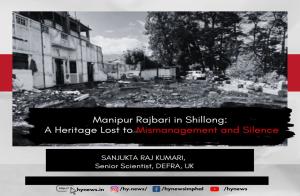







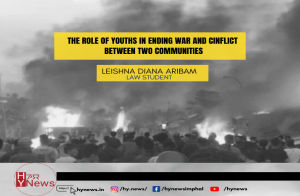

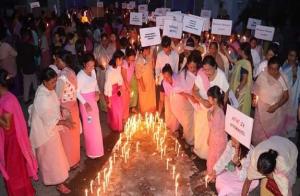
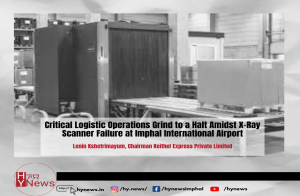

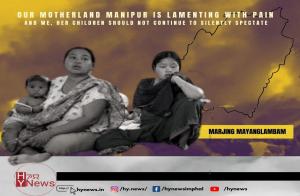
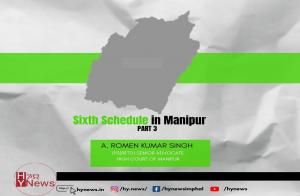
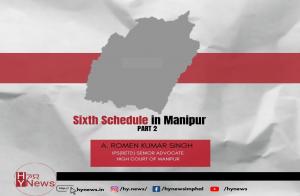
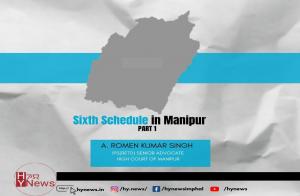

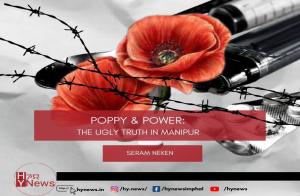

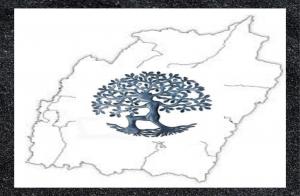



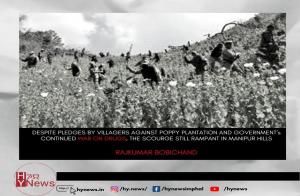



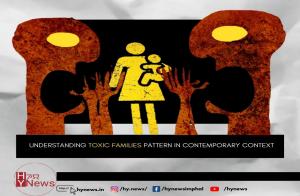






Leave Comments